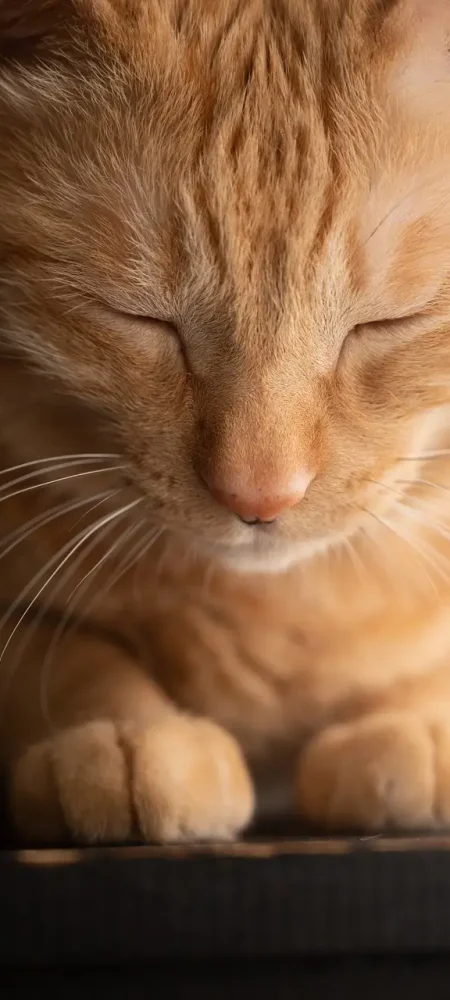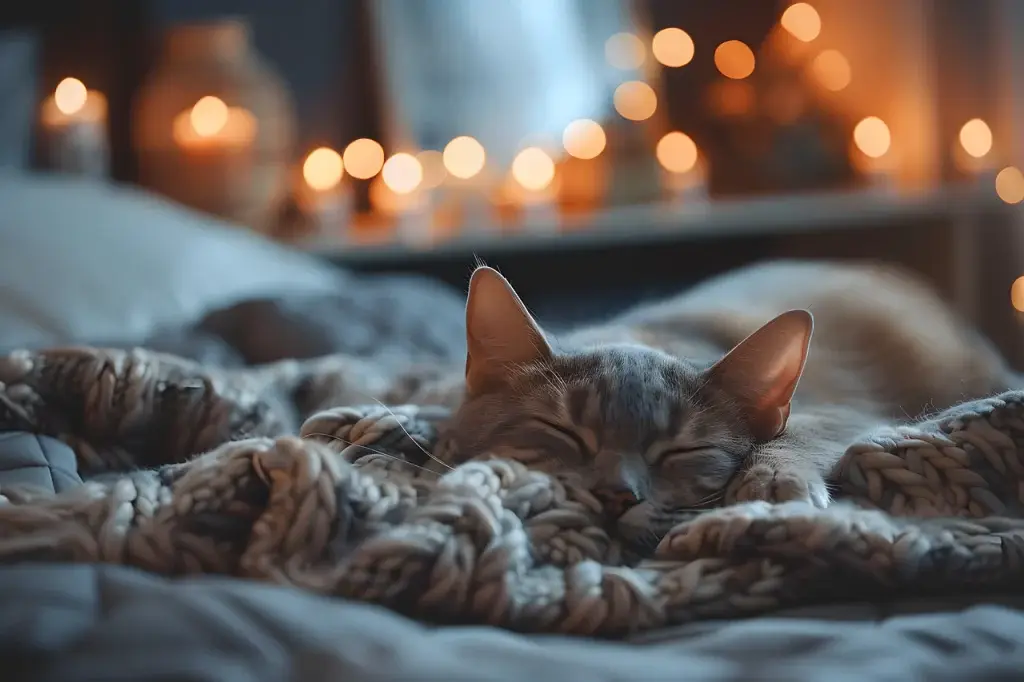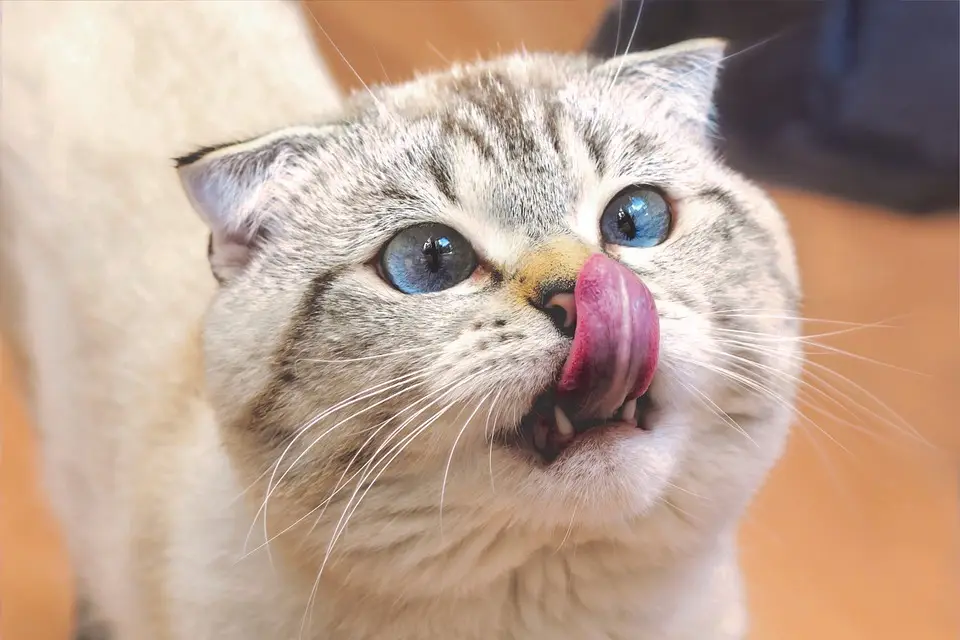
How To Help Cat Lose Weight ?
Effective Tips and Strategies for Helping Your Cat Shed Extra Pounds Safely
How to Help Your Cat Lose Weight Safely and Effectively
Losing weight is difficult for both two- and four-legged people! On the other hand, your cat may live longer and enjoy those extra years if they lose weight and get in better shape.(Souce)
It can be easier than you think to assist your pet in losing a few pounds. It calls for cooperation with your veterinary healthcare team, attention to detail, and a dedication to fitness and weight loss.
Why Your Cat Needs to Lose Weight?: Health Risks Explained
Your cat may be at danger of having certain major medical disorders if they are even two pounds overweight.
Sadly, there is little doubt that a cat who is overweight or obese will eventually acquire a problem related to the additional weight; the only question is how quickly and how severely.
Among the prevalent conditions linked to being overweight are:
- Type 2 diabetes, a dangerous condition that is three times more likely to strike an obese cat than a cat of average weight.
- Cardiac condition.
- Arthritis, or osteoarthritis.
- Higher incidence of joint injuries.
- Elevated blood pressure.
- Some types of cancer, particularly those that are intra-abdominal.
Compared to their fitter, normal-weight counterparts, cats who are overweight or obese typically have shorter lifespans.
In addition to being less active and playful, heavy cats typically engage in less physical interaction with their families.
Because they lounge around longer, we can mistake their sluggishness for their typical laziness, making it simpler to miss early symptoms of disease.
Additionally, a lot of cats lose muscle due to inactivity, which can make moving around even more difficult. Because they lack the power or stamina to reach the litter box, some cats may exhibit improper house soiling as a result of this muscle loss.
If their weight affects their ability to groom themselves, they might also have a poor coat of hair.
Determining the Right Weight for Your Cat

The appropriate weight for your cat will vary depending on their breed, age, gender, and unique situation.
The appropriate weight for your cat will be determined by your veterinarian, but as a general rule of thumb:
Depending on their size and breed, adult and senior cats can weigh anywhere from 3.6 to 4.5 kg. kittens will vary in weight based on age and breed; they will gain weight each month until they reach adulthood.
There is no one-size-fits-all method for determining a cat’s weight. Consulting your veterinarian is the only way to determine the precise weight that your particular cat should have.
READ ALSO : Why do cats like catnip so much ?
How to Identify If Your Cat Is Overweight?
Your veterinarian can provide you with advice regarding the optimal weight for each cat. When it comes to overweight cats, there are usually two types:
Generally speaking, overweight cats are those that are more than 10% overweight.
Cats that are fat are over 20% heavier than they should be.
In order for your veterinarian to monitor your cat’s weight, it is crucial that you take them for routine examinations. Compared to kittens or elderly cats, adult cats are more likely to become overweight or obese, so keep an eye on their weight and make sure they are receiving the right nutrition.
Health risks posed by overweight cats
Being overweight or obese significantly raises your cat’s risk of developing certain illnesses, many of which can be fatal and necessitate expensive future treatment. Additionally, it may impair their overall mobility and grooming skills, which are crucial for their innate behaviors.
Obese cats are more susceptible to the following health issues:
- diabetes and urinary disorders
- arthritis (the weight increases the strain on the joints).
What amount of food should I feed my cat to help him lose weight?
Your veterinarian care team will determine how many calories your cat requires to lose weight.
There are various possible formulae, and keep in mind that these figures are based on the typical cat.
Your cat may require less or more calories to lose weight. Once you’ve put your cat on a weight-loss regimen, you must follow up with your veterinarian to confirm that the quantity of calories is proper. Often, the initial figure is only a starting point and must be changed over time.
Your veterinarian may want you to fill out a food diary first. This is a written record of everything that your cat eats over the course of a few days. Your veterinarian may then assess your cat’s current calorie consumption and begin the weight loss plan with a reduced quantity.
The food dose (amount to eat each day) is determined by the prescribed weight-loss diet, as each has a varied calorie density. This is one of the reasons why you should consult with your veterinarian before switching weight-loss meals.
Ideally, your veterinarian would offer you a meal amount in grams per day, rather than cups or cans. Using a measuring cup to weigh food is inaccurate and makes it easy to overeat or undereat.
The preferable way is to use a kitchen gram scale, which is far more precise and allows for easy changes. Adjusting from 55 grams to 50 grams per day is simple using a kitchen gram scale. However, precisely adjusting from ¾ cup to 2/3 cup per day may depend on the amount of coffee consumed.
“Your cat’s calorie requirements for weight loss will be determined by your veterinarian care team.”
How long is a diet required for my cat?
Since every cat is unique, the suggested diet or regimen may need to be modified, which might extend the time frame for the weight reduction program.
Even though the aim is to lose weight, losing weight too quickly might cause your cat to lose lean muscle and increase their chance of developing serious liver disease, such as fatty liver syndrome or hepatic lipidosis.
Cats should ideally lose 1% to 2% of their starting body weight per week; however, cats who are very obese may benefit more from weight loss of 0.5%.
A few variables will determine how long it takes your cat to attain their desired body weight:
- the speed with which they embrace the new diet regimen.
- the pace at which weight is lost (for example, 1% loss will require twice as many weeks as 2% loss).
- the overall weight loss goal.
For the majority of cats, a solid collaboration between their devoted, committed family and the medical staff is the key to effective weight loss.
Conclusion
Achieving a healthy weight for your cat is a wonderful process that calls for cooperation, patience, and consistency from both you and your veterinarian.
Your cat will live a longer, happier life if you are aware of their particular demands, keep an eye on their development, and remain dedicated to a healthy lifestyle.
Keep in mind that even the smallest effort can have a significant impact on your cat’s health.


